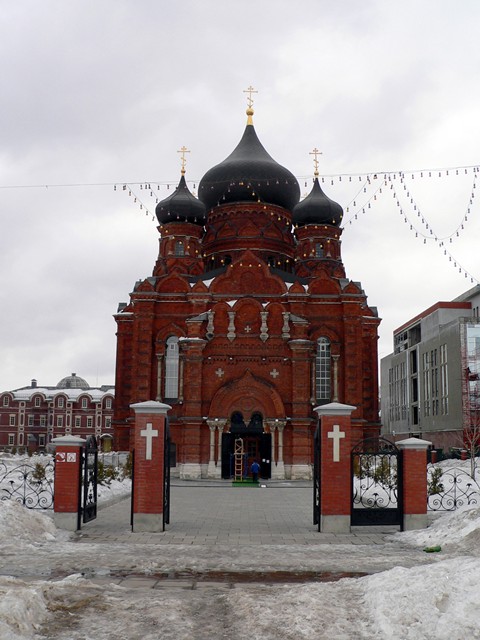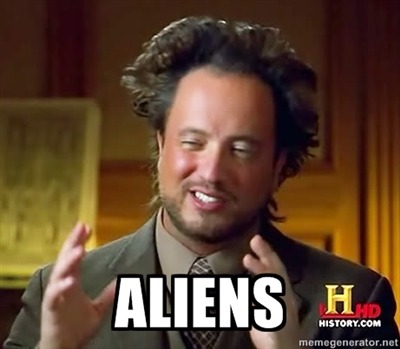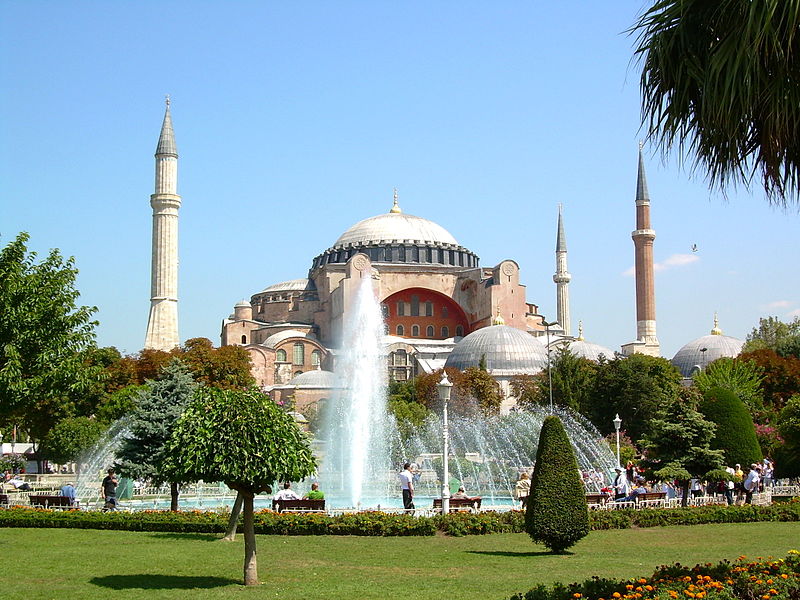Jehoshua
Catholic
- Joined
- Sep 25, 2009
- Messages
- 7,284
Is being saved not supposed to feel good?
salvation only comes after your dead and your particular judgement, IF you end up being saved. Catholic teaching is not universalist.
So long as your alive your salvation is not guaranteed and you should work it out with fear and trembling as scripture says. The Church is there to guide people on the difficult narrow way, not indulge or facilitate their every desire and watch as people go through the wide gate to hell. The path to hell makes people fell good in this life, the path to heaven, although filled with spiritual joy is not a path of the pleasures of this world and comes with sufferings also.
You've directly contradicted yourself here. If the church exists to save souls, and the souls are saved through the church, then clearly it is the church's reponsibility to work at keeping people involved in the church. Many protestant churches, particularly evangelicals, and Mormons, work at keeping their young adults involved in day to day, week to week, participation in at least something that the churches are sponsoring. As a result these people become adults much more committed to all aspects of the churches. Catholics, on the other hand, drift away because there is nothing beyond their own motivations keeping them involved.
Clearly if the church is not happy with this outcome, it is their responsibility to do something about it.
On the contrary, the Church teaches the faith and proposes it to young people. Those young people then either must make a choice to follow that faith and live it within the context of the whole community, and that includes fidelity to the gospel and participation in the life of the Church, or they reject it. For those who reject the teaching of the Church the Church does not exist to compromise and provide entertainment, to provide a youth program, to entice them into the pews through a watering down of its practices or dogmas. What use is that! they may be sitting there, they may find mass amusing, but although they may be in the Church once they are out the church door they are just as poorly catechised as before.
A parish community should organically develop its own bible study groups, catechetics classes, there is adoration and the devotions, and there are other events like speeches and of course the various sodalities and lay societies. Young people are supposed to be involved in these things as part of the entire community and the community itself is supposed to provide a Catholic life in all aspects of ones living especially within the core family. The reason many young people are not involved and people even talk about "youth groups" is because of the collapse in faith on the part of many in the years after VII. This decimated Catholic parish and family life and destroyed this developmental path, this along with the followers of the same revolt failing to impart actual Catholic teaching to them ha resulted in the great apostasy that has occured.
Either way though, the way to combat this problem is not to make compromises, to found youth groups with rock music and so forth. It is to teach the faith properly and develop strong, faithful communities collectively (not artificially dividing them into groups) that practice the faith. Indeed Im not speaking from ignorance here, what you suggest has and is being done, but its fruits show its lack of merit. Where however an orthodox devotional life has been restored in a parish or has always been practiced, where families live the faith rather than relegate it to a sunday, there you find young people involved, not where some newfangled "youth program" has been established by some old folks desperately trying to make the faith "relevant" when its relevance is precisely in its eternal truths.

















